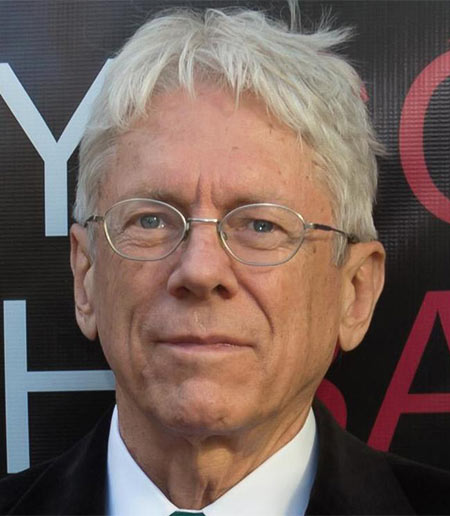Vernacularizing Sinitic Poetry in Early Modern Korea and Vietnam
November 17, 2022, 6:00 PM, Los Angeles
Zoom Webinar
Presented by Ross King


University of British Columbia
Joined by Keith Taylor
Cornell University
Please register in advance: https://ucla.zoom.us/webinar/register/WN_6TmgKEyZRTmseiDrg0KrMg
In this paper I make a preliminary and tentative attempt at comparing the ways in which vernacularized forms of Sinitic poetry (詩) were developed in Korea and Vietnam in the 17th-19th centuries. Taking my cue from Taylor (2008, 2020) and especially his consideration of “poems in demotic modes” and the quest for a “high-register vernacular voice,” I compare a range of hybridized and vernacularized forms of Sinitic poetry in Vietnam from the 16th and 17th centuries to analogous “irregular” or “anomalous” Sinitic poetry (soakpu 小樂府, kwach’esi 科體詩, pyŏnch’esi 變體詩, p’agyŏksi 破格詩, ŏnmun p’ungwŏl 諺文風月, yuktam p’ungwŏl 肉談風月, etc.) poems from late Chosŏn Korea and Korea’s Enlightenment Period (18th – early 20th centuries), as studied, for example, in Yi Kyuho (1986) and more recently in Pak Chongu (2009), Ku Sahoe (2015), and Sim Kyŏngho (2018). Questions addressed are the prosodic features of different types of vernacularized Sinitic poetry, the extent and varieties of vernacular accommodation, the extent to which the Korean examples sought to create a “vernacularized Sinitic voice,” and the fate of such poetry, both within contemporary generic hierarchies and in modern scholarship.